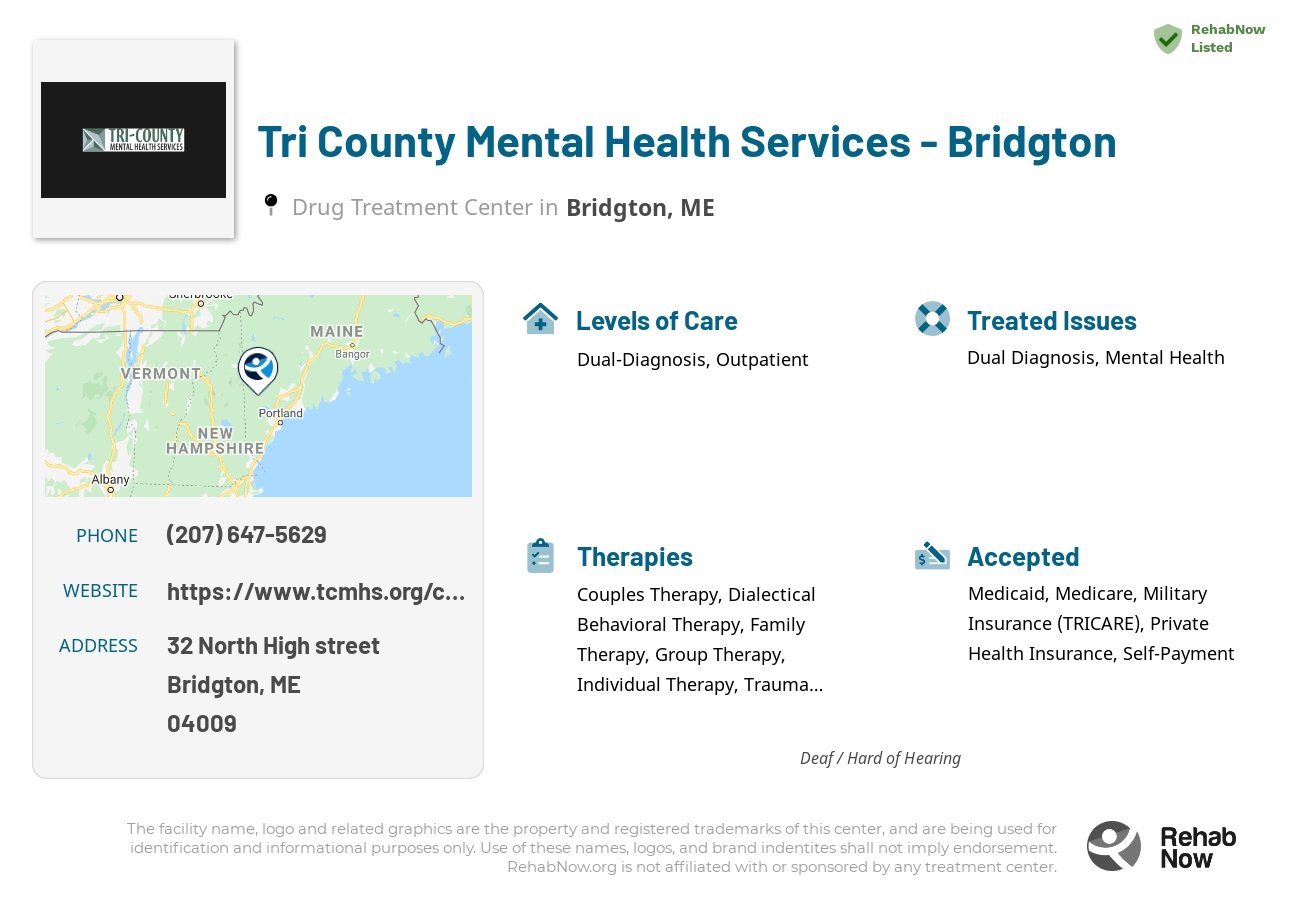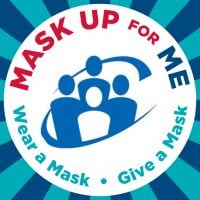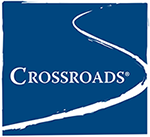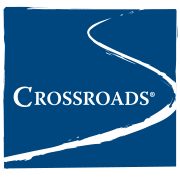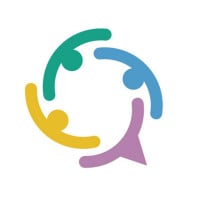Tri County Mental Health Services - Bridgton
Drug Rehab Center in Bridgton, Maine
Tri County Mental Health Services in Bridgton, Maine provides a wide range of mental health and substance abuse treatment services for adults and adolescents, including specialized programs for dual diagnosis, PTSD, depression, and anxiety, with a focus on achieving lasting sobriety and recovery.
About Tri County Mental Health Services - Bridgton in Maine
Tri County Mental Health Services in Bridgton, Maine, is focused on the treatment of dual diagnosis and mental health for those seeking recovery from addiction. This private rehab facility is unique for its comprehensive approach towards treating both mental health issues and addiction simultaneously, placing a strong emphasis on individualized care and promoting diversity in the recovery process.
Tri County Mental Health Services - Bridgton holds a state license and accepts several private health insurance plans, ensuring accessibility to those in need. Their accreditation highlights their commitment to maintaining a high standard of care within a supportive environment. The facility’s wide range of services is tailored to address the specific needs of individuals suffering from opioid addiction, alcoholism, and substance abuse.
- Wide Range of Treatment Services: From counseling and support groups to relapse prevention skills, they offer comprehensive care.
- Dual Diagnosis Focus: Specializing in treating individuals with both addiction and mental health issues, providing a holistic approach.
- Accredited and Licensed: Ensuring quality and professional standards of care are met, backed by a state license.
Specifically, treatment at Tri County Mental Health Services - Bridgton includes support for opioid addiction, alcoholism, and various substance abuse issues. Their approach incorporates a variety of treatment methods and levels of outpatient care, including individualized care plans, medication management, and psycho-education for both the individual and family, fostering a supportive route towards recovery.
Genders
Ages
Modality
Additional
Accreditations
State License
Conditions and Issues Treated
Recovery is not simply about stopping drug use. Recovery is working with addiction while recovering mental health issues that are fueling the addiction in the first place.
Levels of Care Offered
This center offers a variety of custom treatment tailored to individual recovery. Currently available are Dual-Diagnosis, Outpatient, with additional therapies available as listed below.
Outpatient treatment is considered the lower intensity level of addiction treatment. It’s ideal for early phase addiction or lower intensity addictions. It may include weekly sessions instead of daily. It may include weekly sessions instead of daily. Peer group support, 12-step programs, and individual counseling may still be involved but at a lesser frequency than an intensive outpatient program. It is a good choice for someone who doesn’t need to go through a medically supervised detox and who has a supportive home environment. It requires motivation and dedication to commit to the program without constant monitoring.
Therapies & Programs
Individual therapy involves one-on-one sessions between the patient and therapist. It provides patients with a safe environment to openly discuss personal and sensitive issues with the therapist. They find the therapist as someone they can trust. Individual therapy aims to identify the core issues that would have led the patient to substance abuse and address them effectively. The therapist can develop patient-specific customized solutions through individual therapy, which aids speedier recovery.
Couples therapy works with clients and significant others in a professional capacity to improve relationship dynamics. This can be helpful for addicts who are trying to marry the idea of recovery into their work, family, social lives – any aspect that has to do with relationships.
Through counseling sessions, addicts will have an opportunity to talk about their addiction with professional partners. These partners can offer feedback and advice on how to get sober while keeping healthy relationships intact. A good couples therapist will help addicts understand their part in an unhealthy relationship dynamic or find ways to deal with anger or resentment from significant others outside of the home.
Family therapy is a group problem-solving that aims to improve communication and relationships between the addict, their family, and sometimes friends. The main goal of family therapy for drug addiction is to create an environment where communication can occur without judgment, hostility, or blame. The therapist is with the family as they learn to communicate differently, especially with the addict when s/he is using. The family can learn to reduce their enabling behavior or rally together and support each other during tough times.
An addict’s family can play a vital part in helping them to avoid relapse because they can spot the warning signs and help them get back on track before it becomes too much of a problem. Family therapy is one of the most effective ways to help addicts stay on the path to long-term sobriety. When a drug addict decides that they want to try and get sober, it takes the support of every person they love to succeed. It can be incredibly difficult for loved ones to watch an addict go through the pain and suffering of withdrawal, but by being there with them and supporting them, they can help to make sure that the addiction never returns.
Groups typically involve meetings with other recovering addicts who can relate to one another’s experiences. They might meet in person or online and typically focus on the process of staying sober rather than overcoming a specific addiction.
In these groups managed by Tri County Mental Health Services - Bridgton, addicts can build a sense of community and develop strong emotional connections with others who understand what they are going through. These beneficial relationships can help addicts overcome their cravings and prevent relapse at any point during the recovery process.
In general, trauma therapy is a clinical process that helps individuals deal with mental stress often caused by traumatic events. The therapist helps the person identify, understand, and work through the problem. This is done with the help of talking about it in group or one-on-one counseling sessions. Therapists use relaxation, role-playing, art, and music to help the person open up about what is bothering them.
There are many different types of trauma therapists, such as psychiatric nurses and counselors. Not everyone is a good candidate for this type of therapy; it is generally reserved for people who have recently experienced a traumatic event and struggle to get over it. It is often done for children, teenage victims of sexual assault, and war veterans.
Dialectical Behavior Therapy (DBT) is a type of therapy created in the late 1980s and early 1990s to help people with high rates of suicidal behavior. DBT helps people learn how to live a life that is no longer controlled by overwhelming emotions and urges. It is beneficial in treating drug addiction because it helps patients understand and cope with their cravings for drugs or alcohol rather than turning to those substances as a way of coping.
There is hope for people who are addicted to drugs and alcohol. Cognitive Behavioral Therapy (CBT) is the solution. CBT focuses on the underlying thoughts and behaviors that caused the addiction problem in the first place and may cause a relapse. This type of psychotherapy addresses negative feelings common in substance abuse disorders. It helps to change them by restructuring thought patterns. It’s about removing negative thoughts and providing long-term benefits while promoting self-awareness, self-control, and healthy ways to respond to negative thoughts. These sessions can be done by themselves or as part of combination therapy.
Payment Options Accepted
For specific insurance or payment methods please contact us.
Is your insurance accepted?
Ask an expert, call (888) 674-0062
Tri County Mental Health Services Associated Centers
Discover treatment facilities under the same provider.
- Tri County Mental Health Services - Oxford in Oxford, ME
- Tri County Mental Health Services - Farmington in Farmington, ME
- Tri County Mental Health Services - Rumford in Rumford, ME
- Tri County Mental Health Services - Lewiston in Lewiston, ME
Learn More About Tri County Mental Health Services Centers
Additional Details
Specifics, location, and helpful extra information.
Bridgton, Maine 4009 Phone Number(207) 647-5629 Meta DetailsUpdated April 15, 2024
Staff Verified
Tri County Mental Health Services - Bridgton Patient Reviews
There are no reviews yet. Be the first one to write one.
Bridgton, Maine Addiction Information
Prescription opioid abuse is the most common form of substance abuse in Maine. More than 10% of these residents have also admitted to using prescription drugs for non-medical purposes. Between 2013 and 2014, 4 out of every 5 deaths in Maine were caused by illicit drugs. One in five high school students in Maine uses marijuana every single month.
About 2,700 people in Bridgton struggle with drug addiction. Opioids were involved in 59% of all overdose deaths in the city in 2016. The city's most commonly abused drugs are marijuana, prescription painkillers, and heroin. There are a variety of drug treatment options available in Bridgton, Maine. Some of the most common include inpatient and outpatient programs and detoxification and rehabilitation services.
Treatment in Nearby Cities
- Fryeburg, ME (13.4 mi.)
- Randolph, ME (48.7 mi.)
- South Portland, ME (37.2 mi.)
- Wells, ME (51.1 mi.)
- Searsport, ME ( mi.)
Centers near Tri County Mental Health Services - Bridgton
The facility name, logo and brand are the property and registered trademarks of Tri County Mental Health Services - Bridgton, and are being used for identification and informational purposes only. Use of these names, logos and brands shall not imply endorsement. RehabNow.org is not affiliated with or sponsored by Tri County Mental Health Services - Bridgton.



